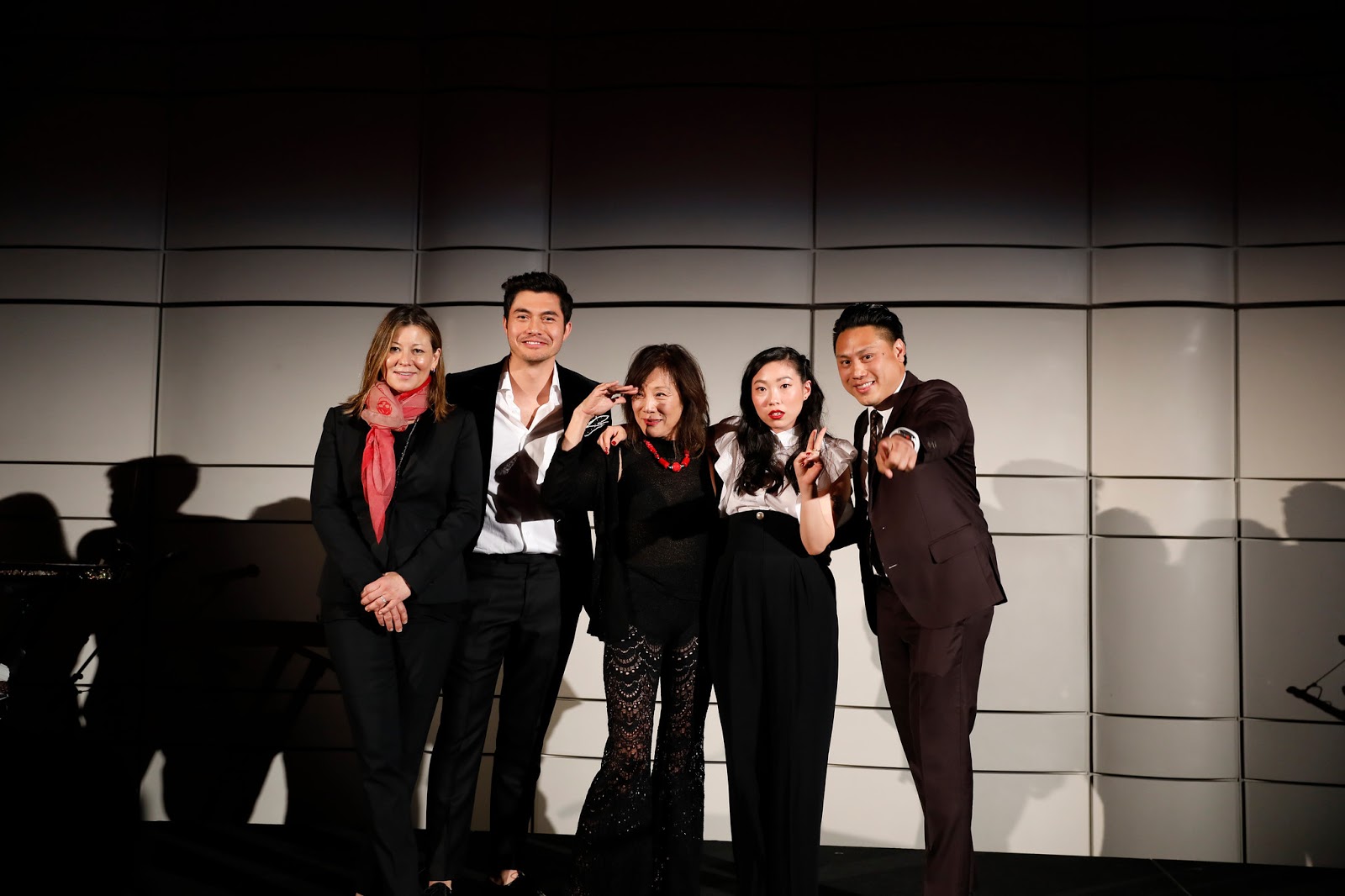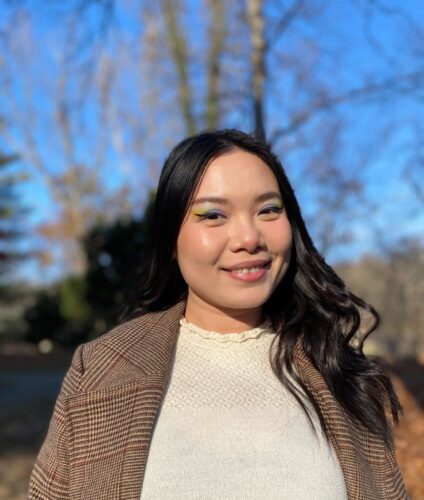Janet Yang: Crazy Rich Asians is ‘a big effing deal for Asians all over the world’

The romantic comedy film Crazy Rich Asians opened last night in American cinemas. The reviews and initial reception have been great: Rotten Tomatoes’ audience score is 93 percent right now, and Google says Roger Ebert gives the film 3.5 out of 4, and Vox 4 out of 5.
Many Asian Americans are delighted by the film: for the first time since 1993, when The Joy Luck Club premiered, a mainstream American movie has an all-Asian cast. In the midst of this triumph, we spoke to Janet Yang — who was the executive director of The Joy Luck Club — about what the film means to her.
Sinica Podcast: Janet Yang — a Chinese-American woman in a Harvey Weinstein world
While Yang did not have a formal role with the film, she advised on its marketing, and is seen in Hollywood as a trailblazer whose work helped make Crazy Rich Asians possible.
The China Project: Why are Asian Americans so excited about Crazy Rich Asians?
Janet Yang: For the first time, we are seeing a full spectrum of images of ourselves with all our beauty, flaws, conflicts, desires, peccadilloes. We see ourselves from many continents, walks of life, socioeconomic groups. We are authentic, vulnerable, obnoxious, delightful, sexy, ridiculous, mad, forgiving. All of it! Like you see white people on screen!
How did this film come about? Who put their money where their mouth was?
JY: [Director] Jon Chu identified the book as a game changer for him, for global cinema, and for the world. He was already a successful director of many “white” movies, but because of the increasing awareness of lack of Asian representation, he wanted to be part of the solution and not the problem.
I do see a turning point being two years ago when the 2016 Oscar telecast, which was already being called out with the hashtag #OscarsSoWhite, incredulously had jokes aimed specifically against Asians. A group of us Asian members wrote a letter to the Academy, and it went viral. Ever since then, there has been a steady stream of such articles about our community. This has emboldened quite a few people to speak out.
Also, more and more sophisticated data has shown that diversity sells! Add then there’s the success of movies like Wonder Woman and Black Panther. Clearly, taking chances with non-traditional casting and storytelling has handsomely paid off in several cases.
Back to Crazy Rich Asians. [Novelist] Kevin Kwan and Jon agreed that the story had to be done right. So Kevin sold the rights for one dollar, and they turned down a very hefty offer from Netflix so that they could get a shot at the big screen with Warner Bros. Apparently Warner Bros. put a lot of pressure on them to answer quickly, and actually dropped the offer price the second week. But I think we all agree they made a tough but very wise choice.
What can we expect next in Asian-American cinema and TV?
JY: I think the sky’s the limit. Hopefully, more people will see the wisdom of casting Asians in roles not necessarily specifically written as such. And for roles that are written for Asians, we won’t be seeing Scarlett Johansson playing them! We need more recognizable actors, and stars, and that only comes with good roles in good movies.
I am particularly trying to encourage Asian writers to authentically tell our stories. It really starts with that — skilled execution of stories that do not throw the baby out with the bath water. Meaning we can use some of the tried and true tropes of storytelling, but ensure that the characters are both nuanced and relatable.
Are there any expectations for a Chinese release of Crazy Rich Asians?
JY: I am sure many good minds are on it. On the one hand, it’s understandable that China did not want to jump into the project initially because they might not have seen the relevance for their domestic audience. On the other hand, I am sure word has already gotten across that this is a big f—ing deal for Asians all over the world.
The rapid growth of China’s film market has certainly gotten Hollywood to recognize that people who look like us possibly have greater insight into what’s going on in the Eastern hemisphere. So I am grateful for that because there’s nothing like dollar signs to make people “woke.”
Is the Chinese money in Hollywood making a difference to the representation of Asians in film?
JY: It is a little. I think it shows up more in big tentpole Hollywood movies that are meant to have a China release. The latest example of course is The Meg with Li Bingbing 李冰冰. That film is managing to do well both in China and in the rest of the world, a feat not always accomplished. So Warner Bros. is having a great summer!
Otherwise, a lot of the Chinese money in past years has gone into slate deals, or individual indie projects that don’t seem to have a particular China bent. I think China is so focused on big that Asians in America have not yet received much attention. They see white guys as being the core of the true Hollywood. I hope that can change.
What are you yourself working on right now or planning for the coming years in terms of China or Chinese-related film or TV?
JY: I am extremely buoyed by the current environment of change, and plan to launch a platform that incubates projects specifically by female Asian talent. I no longer want to hustle just for my own projects. I can only do so many. I’d rather help lift up the whole community because I see so much exciting, emerging talent, and new opportunities for them to thrive. All the networks and studios are looking for fresh stories and storytellers, and in many cases, there’s just a lack of connective tissue between the talent and the buyers/distributors.
I also think I can tap into a pool of non-traditional investors through my contacts in the Asian community. We came out in full force to buy out theaters for Crazy Rich Asians, and now we can take it a step further and find and fund the next project of this kind. How thrilling it would be to generate this kind of activity.







